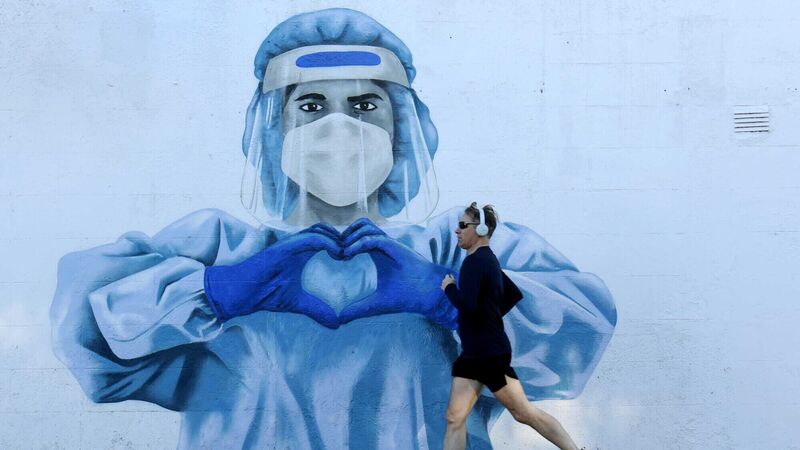Nurses living with long covid 'demoted from a round of applause to a kick in the teeth'

Around 250 nurses with long covid are unable to return to former roles. Picture: Sam Boal/RollingNews.ie
Nurses with long covid who were infected while at work have been “quickly demoted by the Government from a round of applause to a kick in the teeth” one of those badly affected by the virus has said.
An estimated 250 nurses who caught the virus while at work went on to develop long covid symptoms, leaving them unable to return to high-pressure workplaces.










